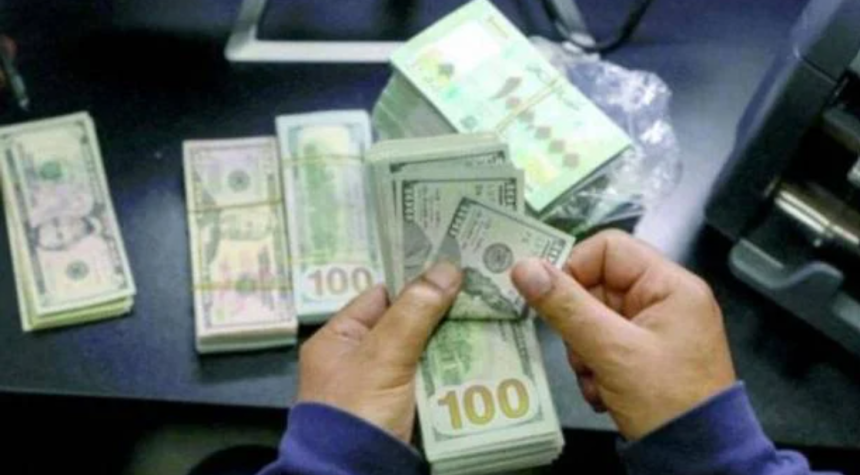As Lebanon enters a new phase, with the election of a president on January 9, attention turns to the trajectory of currency stability in 2025. The past year saw a period of relative calm, with the Lebanese pound maintaining a steady exchange rate.
LIMS argued that whether this stability endures will depend largely on monetary policy and fiscal discipline in the months ahead. The primary driver of exchange rate stability in 2024 was the Lebanese central bank’s decision to reduce the currency in circulation and halt the financing of the state, both in local currency and in U.S. dollars. By cutting off funding in pounds, the central bank avoided the need to print additional currency, curbing inflationary pressures. Simultaneously, by ceasing dollar financing, it preserved—and even bolstered—foreign exchange reserves. Should the central bank maintain this approach into 2025, the currency would remain stable.
LIMS added that one key challenge is the government’s deposit at the central bank. While these funds belong to the state, they pale in comparison to the government’s bonds held by the central bank. Any assumption that these deposits can be freely spent without consequence ignores the broader debt overhang. If the government starts drawing on these funds—particularly to finance post-war reconstruction—the central bank’s foreign exchange reserves will shrink, placing renewed pressure on the pound and potentially triggering a fresh cycle of depreciation.
LIMS stressed on the importance of addressing Lebanon’s sovereign default. Any fiscal surplus should be directed towards debt restructuring rather than discretionary spending. A credible commitment to debt repayment would reduce the financial losses of the central bank (the so called “financial gap”) contributing to a sounder resolution of the banking crisis.
A crucial test in 2025 will be how Lebanon finances reconstruction. If reconstruction funds are deployed efficiently—through dismantling monopolies and competitive bidding—it could unlock international investment, reducing the need for central bank intervention and reinforcing exchange rate stability. However, if Lebanon reverts to past practices, where a single bidder dominates all contracts, foreign capital will remain on the sidelines, delaying reconstruction and increasing financial strain.
Adding to the financial uncertainty, Lebanon saw an influx of counterfeit $50 bills in December, which went undetected by currency exchange machines, disrupting transactions in an already cash-reliant economy. While the scale of counterfeiting remains limited, the risk of escalation looms large. A swift response from authorities is imperative, including upgrading detection mechanisms and raising public awareness. Left unchecked, such vulnerabilities could compound existing economic fragilities.
- A New Worry Haunting The Lebanese: Counterfeit Dollars Flooding The Markets. December 9, 2024: Al-Jadeed, Video Interview (AR)
- What Are The Challenges That Will Face The Exchange Rate In 2025? December 20, 2024: Aliwaa, Article (AR)

